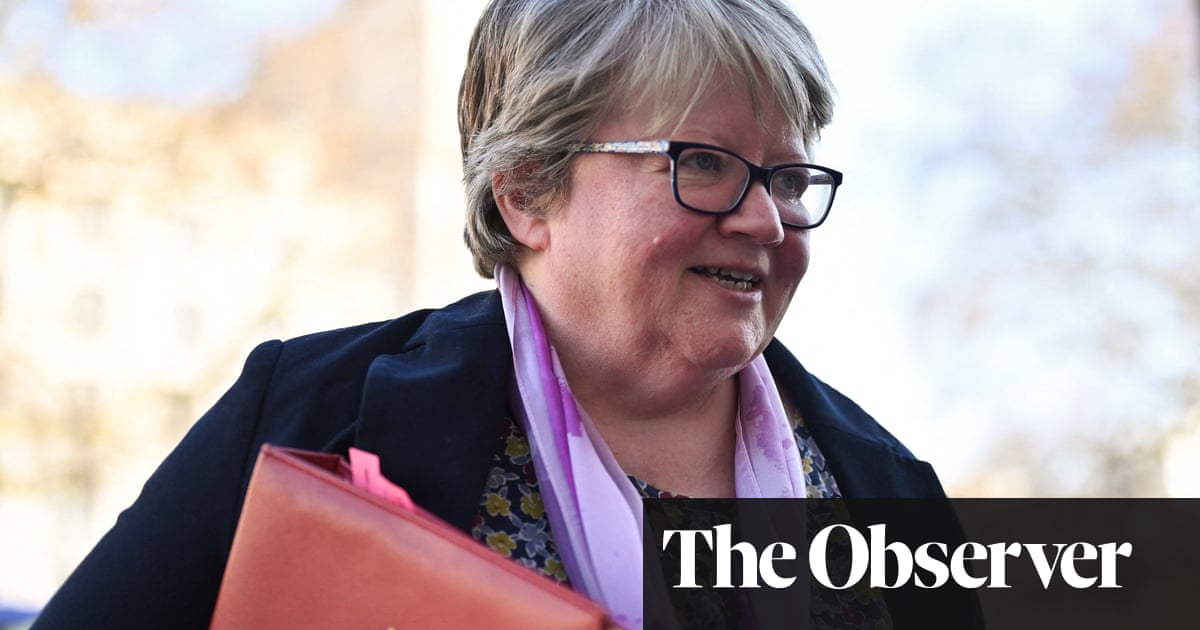
Ministers could face contempt of court proceedings unless they respond to a request for documents that could reveal how the late Queen concealed part of her private wealth from the public.
Britain’s transparency watchdog, the information commissioner, has threatened legal action against the Department for Business, Energy and Industrial Strategy (BEIS), which has stonewalled the request for two years.
It now has until the end of October to respond to the freedom of information request or it could face court action.
The documents may detail how the late monarch used a secretive financial facility to hide from the public the shares in commercial companies that she owned, along with the value of those shares.
The size of her personal fortune, including her investments, has never been disclosed to the public. Estimates regularly speculated that it could amount to hundreds of millions of pounds.
Last year the Guardian revealed how the Queen successfully lobbied the government to alter proposed legislation to prevent her shareholdings from being disclosed to the public.
As a result of her lobbying in the 1970s, the government created a state-backed shell company, Bank of England Nominees, which appears to have kept secret the Queen’s private shareholdings and investments for more than three decades.
Documents obtained by the Guardian show that other members of the royal family were able to use the same company to conceal their investments in companies. The identities of the other Windsors, along with the scale of their shareholdings, are also unknown.
In 1973 the Queen dispatched her private lawyer to lobby the government to change a proposed law that would allow the public to establish who owned shares in specific companies. Her lawyer argued that disclosure of her shareholdings would be “embarrassing”.
A special exemption was inserted into the proposed law, according to an internal Whitehall document written in 2011, “to avoid a situation where for example ownership of specific shares by members of the royal family could become widely known”.
The shell company, operated by senior individuals at the Bank of England, was set up in 1977 “to hold royal investments”, according to the document.
“This vehicle, relevant trustees and investment managers and certain members of the royal family were granted an exemption from the requirement to disclose an interest in a company’s shares,” the document added.
The shell company’s directors were required to send annual reports to the government listing “the identity of those for whom it holds securities, and, provided that it holds securities for two or more people, the total value of the securities”.
In 2020 the Guardian submitted a freedom of information request to BEIS for copies of these annual reports.
The department has failed to respond, even though public bodies are required to process requests under the Freedom of Information Act within 20 working days.
Now the information commissioner has ruled that the department has broken the rules of the Freedom of Information Act. The watchdog ordered the department to deal with the request, warning that it could be taken to court if it failed to act before 31 October. The court has the power to rule that the department had committed a contempt of court. BEIS said it would “be responding in compliance” with the deadline.
Bank of England Nominees appears to have kept secret the investments of the royal family until at latest 2011. The Whitehall document from that year stated: “These arrangements have now lapsed and the Palace is clear that there is no wish for them to be reinstated”. The company was wound up five years ago.
It is unclear why the exemption was ended, or what arrangements to keep secret royal investments replaced it.
The Queen appears to have used a secretive mechanism, known as Queen’s consent, to secure changes to the 1973 draft law. Under this mechanism, the government must obtain the monarch’s approval for laws that affect the Windsors’ private wealth or royal powers.












